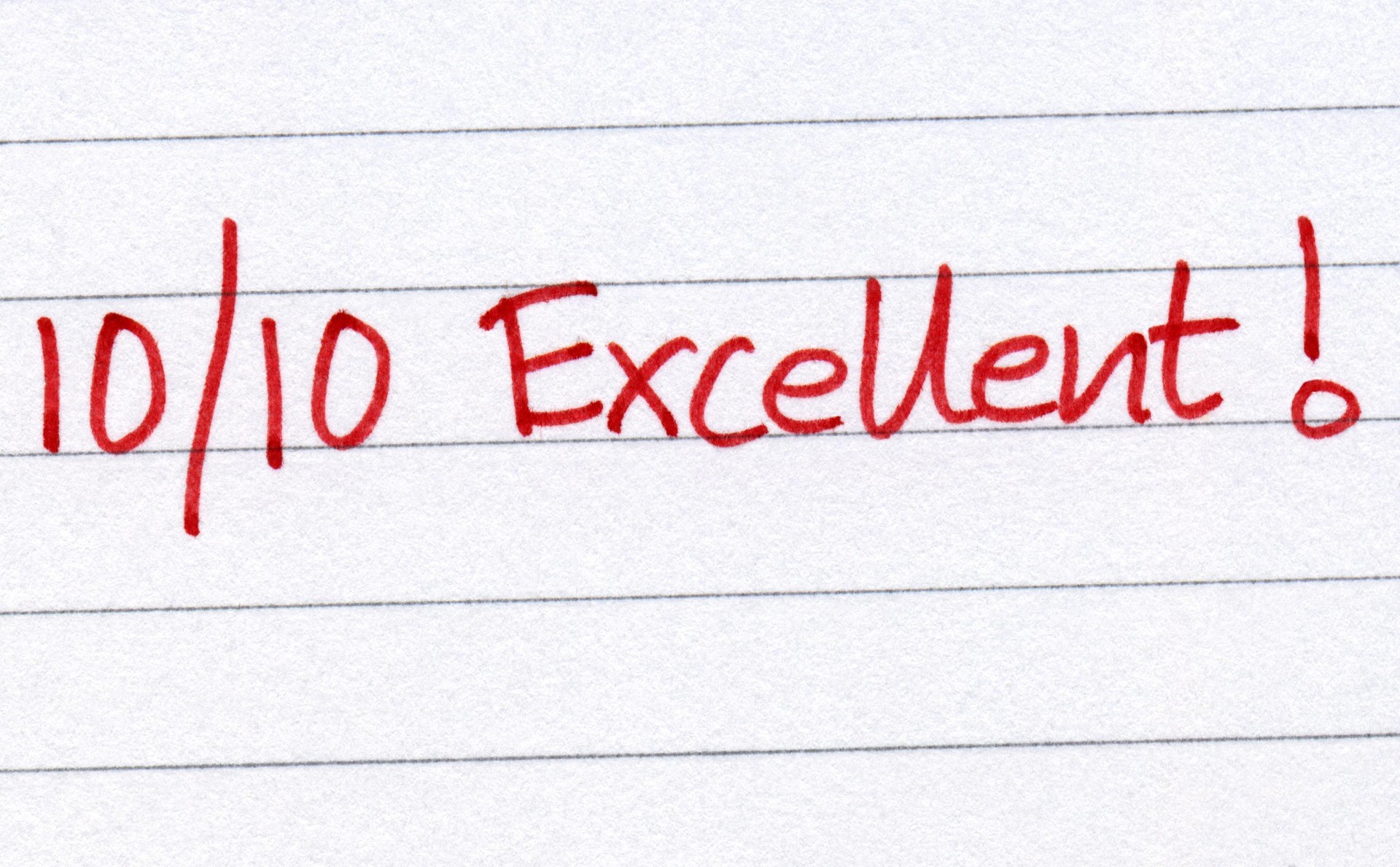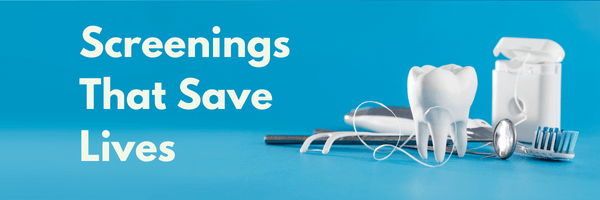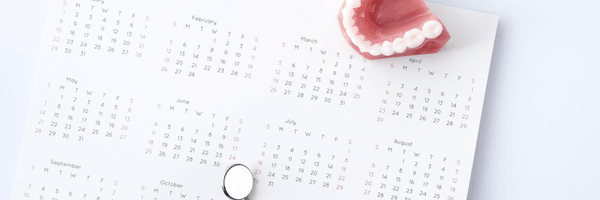
Applying for THE Job: 10 Helpful Tips for Job Seekers
DentalPost
Posted June 24, 2015
Many factors affect how long it will take to find the perfect job in dentistry – everything from the current economy to flexibility in terms of hours or pay. While there’s not much you can do about the economy, there are many ways to ensure a more successful job search! Here are a few tips from DentalPost:
- Clean up social media – Employers often lookup candidates on sites like Facebook, Instagram, and Twitter, so be sure to reset privacy settings, clean up posts, and hide those spring break party pictures. Even Google-ing yourself helps to make sure that whatever turns up won’t harm a job search.
- Research the practice – Before even applying for a job, learn about the practice and tailor the cover letter to the specific practice or position. People who take the time and initiative to learn about an employer demonstrate that they are not just blindly job hunting, but are on a purposeful search for the right position.
- Communicate professionally – Make sure all communications, even informal ones, are professional. Today, most employers communicate via email or even text. These messages should be written just as carefully as your resume or cover letter. This means avoiding typos, emoticons, and Internet slang (LOL! J). Finally, make sure your email address will not discourage an employer. (Hint: hotmama@gmail.com is probably not the best choice.)
- Practice good phone manners – Whatever phone number used during a job hunt should always be answered professionally. Keep voice mail greetings clear and simple, and only answer calls when you can focus on the conversation – it is much better to let a caller leave a voice mail message than it is to try to conduct a phone interview at the grocery store!
- Keep references updated – Try to contact references ahead of time. Ask for permission to share a reference’s contact information, tell them a little about the job and your goals, and let them know of changes throughout the process. Choose people that will have only good things to say.
- Be on time – Not only does this show respect for other person’s time, it also demonstrates organizational skills and responsibility. By planning to arrive at the interview 10-15 minutes early, you can avoid feeling rushed and flustered, which also helps lower interview anxiety.
- Dress the part – Arrive dressed well, clean and professionally, but your best accessory is a smile! Consider removing visible piercings and choosing an outfit that will cover tattoos. And because it’s a dental office, teeth should be brushed and breath should be fresh (no lettuce between numbers 9 and 10, please!).
- Forget the cellphone – It’s never a good idea to take a call during an interview, but try to avoid it even while sitting in the waiting room. In fact, it’s probably best to just leave the phone at home or in the car. The slight buzz or vibration a phone makes when in silent mode is enough to distract people during a meeting. Being totally focused on the interviewer during the Q and A will make the best impression!
- Be courteous to everyone – Interviews begin as soon as you walk in the door, so being polite to everyone is essential, even patients in the waiting room. You may end up working for the dentist, but you will be working with his or her staff, and first impressions count. By making eye contact, smiling and offering a firm (but not bone-crushing) handshake, you’ll make a great introduction.
- Follow up after interviews – Phew! The interview is over! A thank-you note that mentions specific people and details learned about the practice is a great way to follow up and show interest. After that, let the employer take the lead – the hiring process can take a while.
dental assistantdental careerdental careersdental culturedental employersdental hygienedental hygienistdental jobsdental staffdentistpractice managementrdh
Share with a friend:
DentalPost is the dental industry’s premier and largest online and mobile job board. We connect and educate more than 900,000 job seekers in the U.S. and Canada to build better places to work through teams that excel.



.png)




.png)
